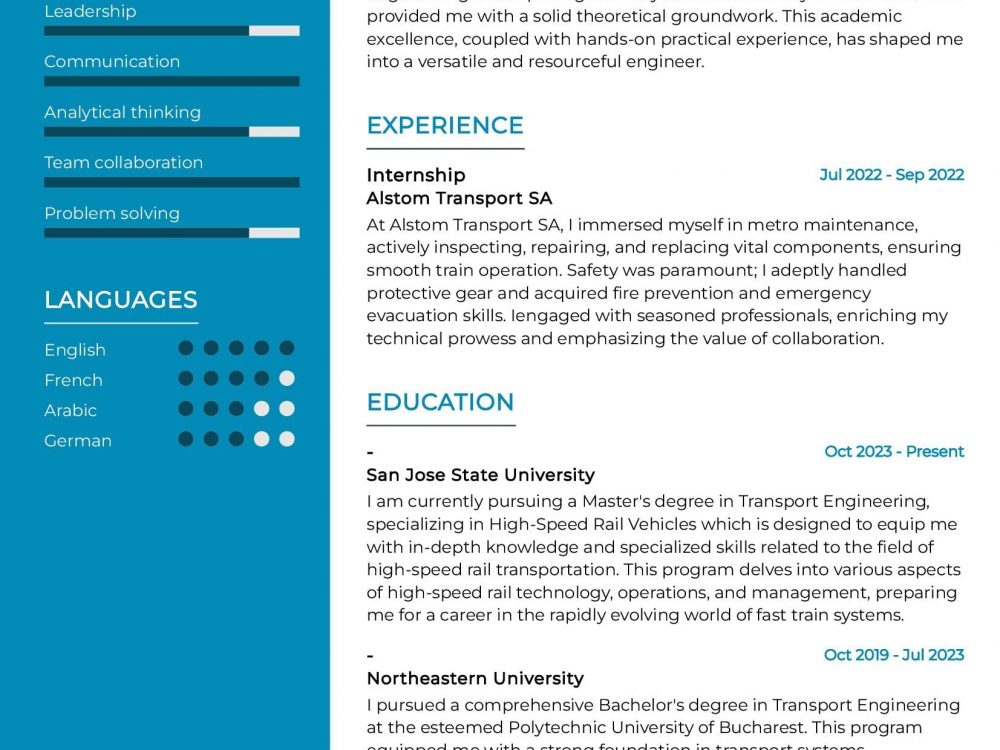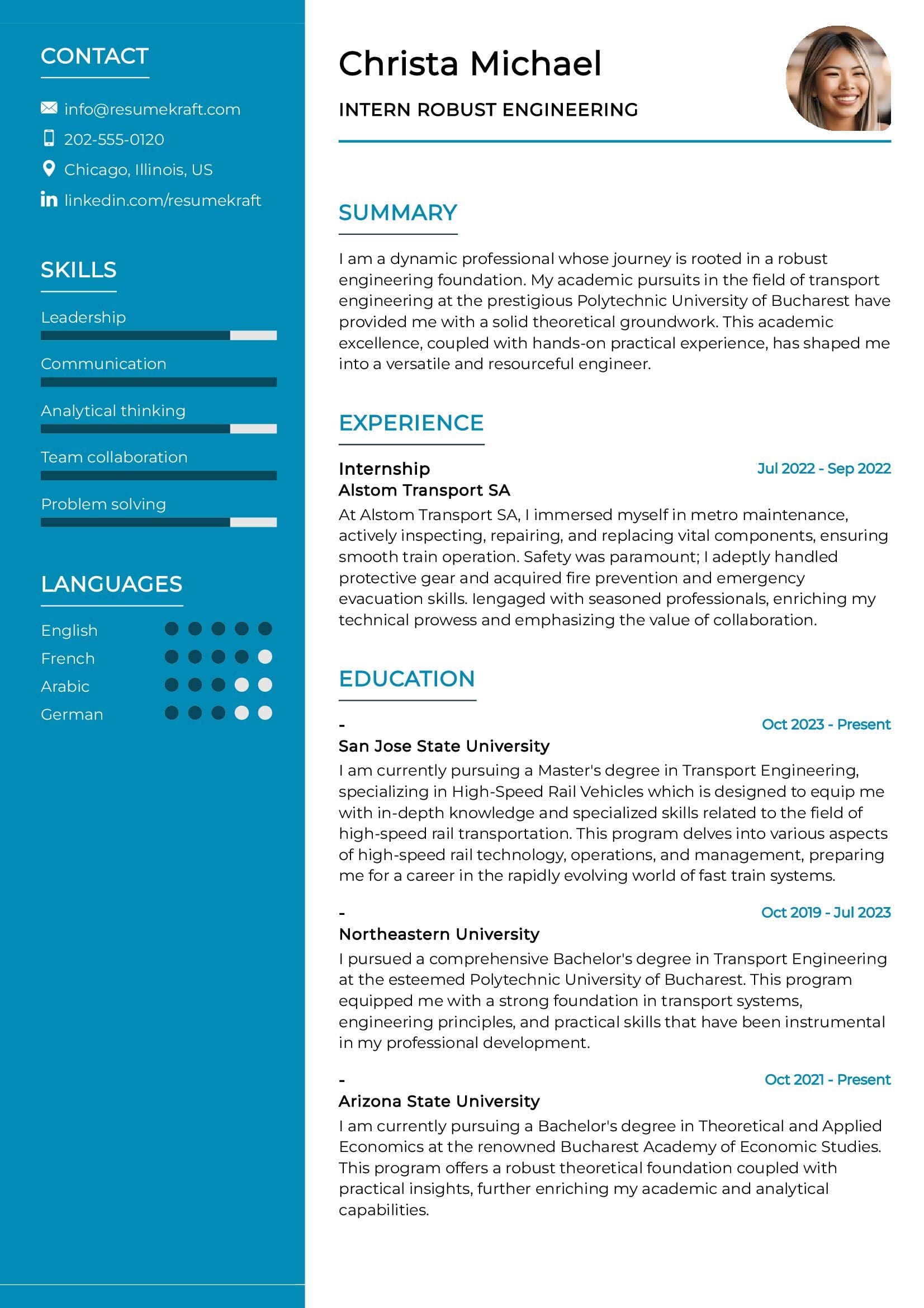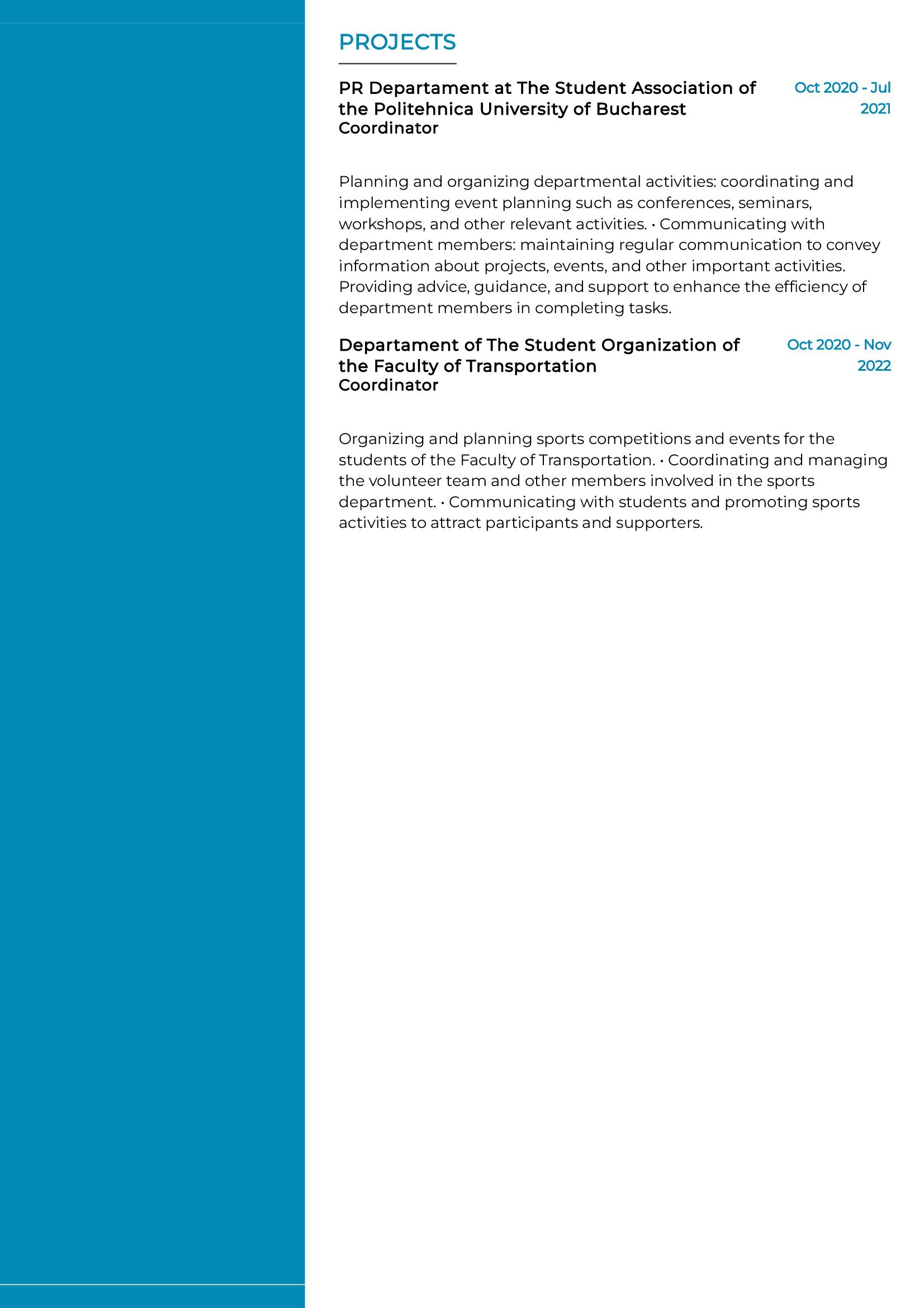Exploring the Role of Robust Engineering
In today’s rapidly evolving technological landscape, the role of a Robust Engineer has become increasingly crucial across various industries. This position demands a unique blend of technical expertise, problem-solving skills, and the ability to navigate complex challenges. Let’s delve deeper into the multifaceted role of a Robust Engineer, a position that plays a pivotal role in ensuring the stability and resilience of critical systems and processes.
Understanding Robust Engineering
Robust Engineering, often referred to as robust design or robust optimization, is a discipline that focuses on creating products, systems, and processes that can perform consistently and reliably under various conditions and uncertainties. It goes beyond traditional engineering practices, aiming to minimize the impact of variations and uncertainties on the desired outcome.
A Robust Engineer is responsible for:
- Identifying potential sources of variation and uncertainty in a system or process.
- Developing strategies to mitigate the effects of these variations and uncertainties.
- Ensuring that the final product or system meets performance standards consistently, even in adverse conditions.
- Collaborating with cross-functional teams to implement robust design principles throughout the product development lifecycle.
- Continuous monitoring and improvement of processes to maintain robustness.
Now, let’s dive deeper into the key aspects of the role of a Robust Engineer and the skills and qualifications required for success.
Robust Engineering Job Requirements
Stepping into the role of a Robust Engineer requires meeting specific requirements and qualifications. Here are the prerequisites for aspiring Robust Engineers:
- A Bachelor’s or Master’s degree in Engineering, showcasing a strong foundation in technical principles.
- Proficiency in statistical analysis and tools to assess and control variations.
- Knowledge of engineering design principles and practices.
- Strong problem-solving skills to identify and address potential sources of variation and uncertainty.
- Experience in using software tools for simulations and optimization.
- Excellent communication skills to collaborate with cross-functional teams and convey complex concepts effectively.
- Attention to detail and a commitment to maintaining high standards of quality and reliability.
Securing additional certifications in robust engineering methodologies can enhance your profile in the competitive job market.
Responsibilities of a Robust Engineer
The role of a Robust Engineer is multifaceted and dynamic, with responsibilities that directly impact the performance and reliability of products and processes. Here are the core responsibilities that define this role:
- Conducting thorough analyses to identify potential sources of variation and uncertainty in a system or process.
- Collaborating with product development teams to integrate robust design principles from the early stages of product design.
- Performing simulations and sensitivity analyses to evaluate the impact of variations on product performance.
- Developing and implementing strategies to minimize the effects of variations, ensuring consistent product quality.
- Monitoring and collecting data to assess the robustness of systems and processes over time.
- Leading cross-functional teams in root cause analysis and corrective actions when variations or issues arise.
- Staying updated with the latest advancements in robust engineering methodologies and technologies.
Each responsibility presents unique challenges and opportunities for innovation, making the role of a Robust Engineer both rewarding and intellectually stimulating.
Robust Engineering Resume Writing Tips
Your resume is your first opportunity to showcase your qualifications and expertise as a Robust Engineer. Here are some tips to craft a compelling resume:
- Highlight your experience in identifying and addressing variations and uncertainties in engineering projects.
- Detail specific examples where your contributions led to improved product performance and reliability.
- Use metrics and data to quantify your achievements in ensuring robustness in engineering processes.
- List any relevant certifications and training in robust engineering methodologies.
- Customize your resume for each job application, emphasizing skills and experiences that align with the specific role.
Your resume is your professional narrative, and it should reflect your commitment to excellence in robust engineering.
Robust Engineering Resume Summary Examples
Your resume summary serves as an introduction to your career story as a Robust Engineer. Here are some examples to inspire you:
- “Experienced Robust Engineer with a track record of implementing robust design principles, ensuring product reliability in diverse conditions.”
- “Results-driven Robust Engineer with expertise in statistical analysis, dedicated to optimizing processes for consistent performance.”
- “Innovative Robust Engineer skilled in identifying and mitigating variations, contributing to product excellence and customer satisfaction.”
Your resume summary should be concise yet impactful, leaving a strong impression on potential employers.
Create a Strong Experience Section for Your Robust Engineering Resume
Your experience section provides a detailed account of your career journey as a Robust Engineer. Here are some examples to guide you:
- “Led a cross-functional team in identifying and addressing variations in a critical manufacturing process, resulting in a 15% increase in product reliability.”
- “Implemented robust design principles in a new product development project, reducing warranty claims by 20% and enhancing customer satisfaction.”
- “Performed sensitivity analyses to optimize supply chain processes, ensuring consistent product quality and reducing production costs by 10%.”
Each experience should highlight your problem-solving skills and your ability to create robust solutions.
Education Section for Your Robust Engineering Resume
Your educational background is essential in demonstrating your qualifications as a Robust Engineer. Here’s how you can list your educational milestones:
- Master of Science in Engineering, XYZ University, a comprehensive program that deepened your technical expertise, 2018.
- Bachelor of Engineering in Mechanical Engineering, ABC University, the foundation of your engineering career, 2014.
- Certified Robust Engineering Professional (CREP), a recognition of your expertise in robust engineering methodologies, 2019.
Your education serves as the bedrock of your career, showcasing your commitment to learning and professional development.
Robust Engineering Skills for Your Resume
Your skill set as a Robust Engineer is your toolbox, equipped with a diverse range of tools and abilities. Here are the essential skills for success in this role:
Soft Skills:
- Problem-solving abilities, the capability to identify and address variations and uncertainties effectively.
- Strong analytical skills, crucial for data-driven decision-making in robust engineering.
- Excellent communication skills, to convey complex technical concepts to non-technical stakeholders.
- Team collaboration, working seamlessly with cross-functional teams to achieve robust design goals.
- Attention to detail, ensuring that variations are thoroughly analyzed and addressed.
Hard Skills:
- Statistical analysis and modeling, using tools like MATLAB, Minitab, or Excel for data analysis.
- Simulation software proficiency, such as ANSYS or SolidWorks Simulation, for virtual testing and optimization.
- Root cause analysis techniques, to identify the underlying causes of variations and uncertainties.
- Robust optimization methods, including Taguchi methods and response surface methodology.
- Quality control tools, such as Six Sigma, to maintain high product and process standards.
Each skill equips you to excel in the field of robust engineering, contributing to the reliability and performance of products and processes.
Common Mistakes to Avoid When Writing a Robust Engineering Resume
When crafting your resume as a Robust Engineer, it’s essential to avoid common pitfalls that can hinder your job search. Here are some mistakes to steer clear of:
- Using generic language and vague descriptions of your experiences, which can make your resume less compelling.
- Focusing solely on technical skills and neglecting to highlight your problem-solving abilities and communication skills.
- Omitting relevant certifications or training in robust engineering methodologies.
- Not tailoring your resume for each job application, missing the opportunity to align your skills with the specific role.
- Failing to proofread your resume, which can lead to errors and detract from your professionalism.
Avoiding these common mistakes will help you create a resume that effectively showcases your qualifications as a Robust Engineer.
Key Takeaways for Your Robust Engineering Resume
As you approach the task of crafting your Robust Engineering resume, keep these key takeaways in mind:
- Emphasize your ability to identify and address variations and uncertainties in engineering projects.
- Showcase specific examples of how your contributions have led to improved product performance and reliability.
- Highlight your problem-solving skills and your commitment to maintaining high standards of quality.
- Customize your resume for each job application to align with the specific role’s requirements.
By following these guidelines, you can create a compelling resume that sets you apart as a skilled and accomplished Robust Engineer.
Finally, feel free to utilize resources like AI Resume Builder, Resume Design, Resume Samples, Resume Examples, Resume Skills, Resume Help, Resume Synonyms, and Job Responsibilities to create a standout application and prepare for the Robust Engineering job interview.
Your career as a Robust Engineer is a journey of innovation and reliability, and a well-crafted resume is your passport to exciting opportunities in the field.



